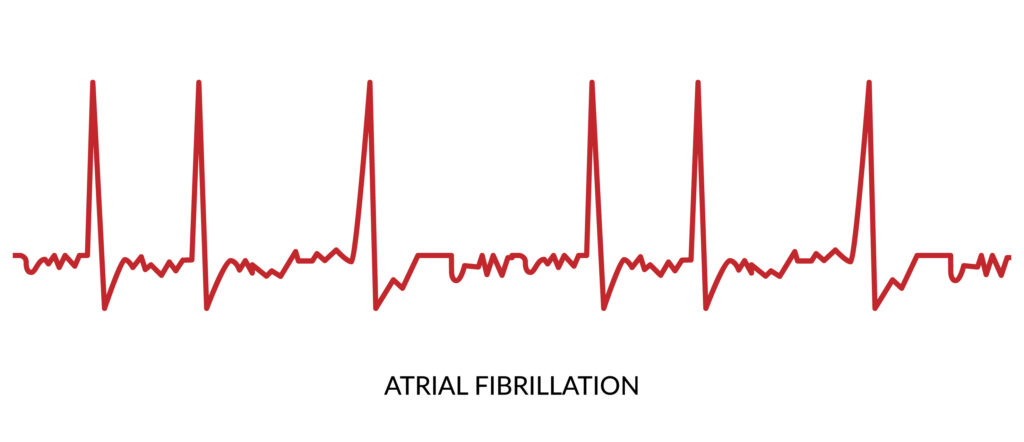Arq. Bras. Cardiol. 2024; 121(11): e20240682
Mendelian Randomization in Atrial Fibrillation
This Short Editorial is referred by the Research article "The Causal Relationship between Gut Microbiota and Atrial Fibrillation: A Two-Sample Mendelian Randomization Study".
Gut microbiota (GM) is an important mediator of several diseases, such as diabetes, atherosclerosis, arterial hypertension, obesity, cancers, and neuropsychiatric diseases, including Alzheimer’s, autism, and depression. The intestinal microbiota is formed by a variety of bacteria, fungi, viruses, and archaea; its main function is to facilitate the absorption and metabolism of foods (proteins, fats, and carbohydrates). One example of the multiple actions of the GM is the bidirectional relationship between the intestine and the brain, the so-called “gut/brain axis.” Furthermore, metabolites produced by GM can induce effects locally or at a distance, which suggests that the intestine is an endocrine organ.
The intestinal microbiota is made up of trillions of cells – about 10 times more than all the cells of the human organism. The phyla Firmicutes (mainly Clostridia species) and Bacteroidetes represent about 90% of GM, which is also composed of Actinobacteria, Proteobacteria, and Verrucomicrobia.
[…]
Keywords: Atrial Fibrillation; Mendelian; Microbiota
235

